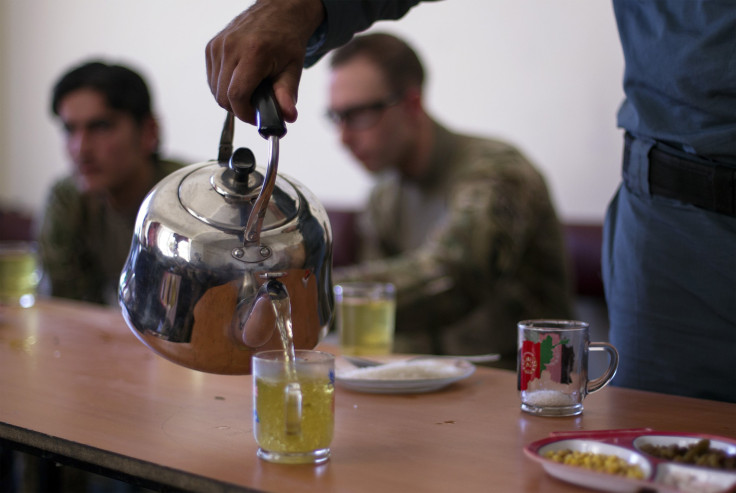Hot Tea Linked To Cancer: Smokers, Drinkers At High Risk

Tea drinkers know that there are a lot of healthy benefits, but a new study shows that it might lead to cancer. The research yielded that people that drink alcohol and smoke are at higher risk of developing esophageal cancer.
Canqing Yu, PhD, of Peking University Health Science Center in Beijing, China, led the study that followed more than 450,000 people in China over 9 years with the results published in the Annals of Internal Medicine.
"Our findings show a noticeable increase in esophageal cancer risk associated with a combination of high-temperature tea drinking, excessive alcohol consumption, and tobacco smoking," Yu writes. "They suggest that abstaining from hot tea might be beneficial for preventing esophageal cancer in persons who drink alcohol excessively or smoke."
People more at risk were the ones that drank very hot tea and also consumed more than 15 grams of alcohol, which is a a standard drink, versus those that drank tea less than once a week and had less alcohol consumption.
Lead author Jun Lv, professor of epidemiology, told Time: "We found that the association between high-temperature tea consumption and esophageal cancer risk was dependent on alcohol and tobacco consumption."
Esophageal cancer is rising globally and in particular with men in less developed countries.
"Irritating the lining of the esophagus could lead to increased inflammation and more rapid turnover of the cells," Lv told CNN. "Alternatively, hot liquids may impair the barrier function of the cells lining the esophagus, leaving the tissue open to greater damage from other carcinogens."
Participants in the study that drank tea were asked to describe the temperature with the following options: "warm," "hot," and "burning hot." Drinking tea with the latter two options describing the temperature of the tea does not lead to developing esophageal cancer. It is only harmful when it is combined with smoking and drinking when users need to be aware.
Neal Freedman, author of an accompanying editorial and a researcher with the Division of Cancer Epidemiology and Genetics at the National Cancer Institute in Bethesda, Maryland, talked about the limitations of the study to Fox News.
“People probably do not estimate their tea temperature perfectly, and this is one of the main limitations of the study,” he said via e-mail. “Drinking tea at a lower temperature should not be considered as a replacement for smoking cessation and limiting alcohol intake. Nevertheless, accumulating data suggest that drinking very hot tea may also increase the risk of esophageal cancer, and it may be prudent for people who drink very hot beverages to wait until it cools down a bit before drinking, whether or not they also smoke cigarettes or drink alcohol.”



























